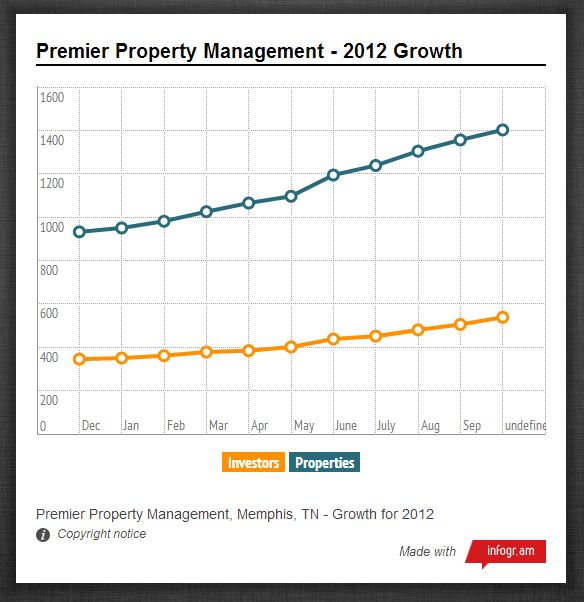 Steve Cook published an article in The Niche Report, a magazine about real estate, mortgages and financing, today that focuses on the dilemma faced by real estate investors who want to participate in the current market. Too many investors are being shut out, or at the very least limited in their ability, from the opportunity of buying single-family homes.
Steve Cook published an article in The Niche Report, a magazine about real estate, mortgages and financing, today that focuses on the dilemma faced by real estate investors who want to participate in the current market. Too many investors are being shut out, or at the very least limited in their ability, from the opportunity of buying single-family homes.
I think we have already established that real estate investors want to have a more active role in purchasing some of the excess inventory that continues to be a drag on the economy. Steve, who also was the author of the BiggerPockets.com/MemphisInvest.com Real Estate Investor Study, does a great job placing this debate in context with the revised standards produced by the Office of Comptroller and Currency to toughen the underwriting of investment property by lenders. Even as lenders are being asked to tighten under writing standards, investors are welcoming the move and asking for greater access to lending in return.
Here is Steve's full article on The Niche Report.
Financing Handcuffs Real Estate Investors
First-time home buyers aren’t the only ones struggling to get financing. The small real estate investors with whom they compete for starter homes and distressed sales face limits imposed by lenders and federal regulators that are tougher than what owner-occupants have to deal with.
About one out of every five homes for sale is bought by investors, but the total would be significantly greater if investors could qualify for lower-interest loans and overcome restrictions placed on them by lenders. Most investors (59.5 percent) finance more than half the cost of the properties they buy, according to a 2011 survey by Move, Inc. Yet they do not qualify for the record-low mortgages rates available to owner-occupants, and must find commercial financing at significantly higher rates. According to an August survey of investors co-sponsored by BiggerPockets.com and Memphis Invest, lower interest rates would make 70 percent of investors more willing to invest in additional properties.
Most lenders put limits on the amount they will lend an investor, regardless of credit history, property values or track record. The BiggerPockets.com/Memphis Invest survey found that nearly half of investors, 44 percent, would be willing to put down more than 20 to 50 percent on a business loan in order to be able to borrow more from a lender, and 32 percent of real estate investors would be willing to make a down payment of 50% of the purchase price if they could finance more properties.
A bulletin from the Office of the Comptroller of the Currency served notice on lenders that that the financing of single family rentals is to be managed with the same risk management policies and procedures used for commercial real estate loans, not residential mortgages.
Among the issues the OCC addressed was financing of multiple properties. “Borrowers may finance multiple properties through one or more financial institutions but underwriting standards and the complexity of risk analysis should increase as the number of properties financed for a borrower and related parties increases. When a borrower finances multiple IORR (investor-owned) properties, a comprehensive global cash flow analysis of the borrower is generally necessary to properly underwrite and administer the credit relationship. In such cases, bank management should analyze and administer the relationship on a consolidated basis,” the OCC bulletin said.
However, not all investors agree that multiple investments increase risk.
“Federal lending policy makers have an opportunity to speed up the housing correction and increase neighborhood stabilization programs without having to commit any more tax payer funds. The data shows very clearly that if they were to raise the limits that they have imposed on investor purchases with FNMA and Freddie Mac, while simultaneously raising the criteria to qualify for those raised limits, they could spur real estate investors to take action in larger numbers and much faster,” said Chris Clothier of Memphis Invest.












